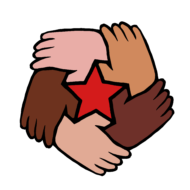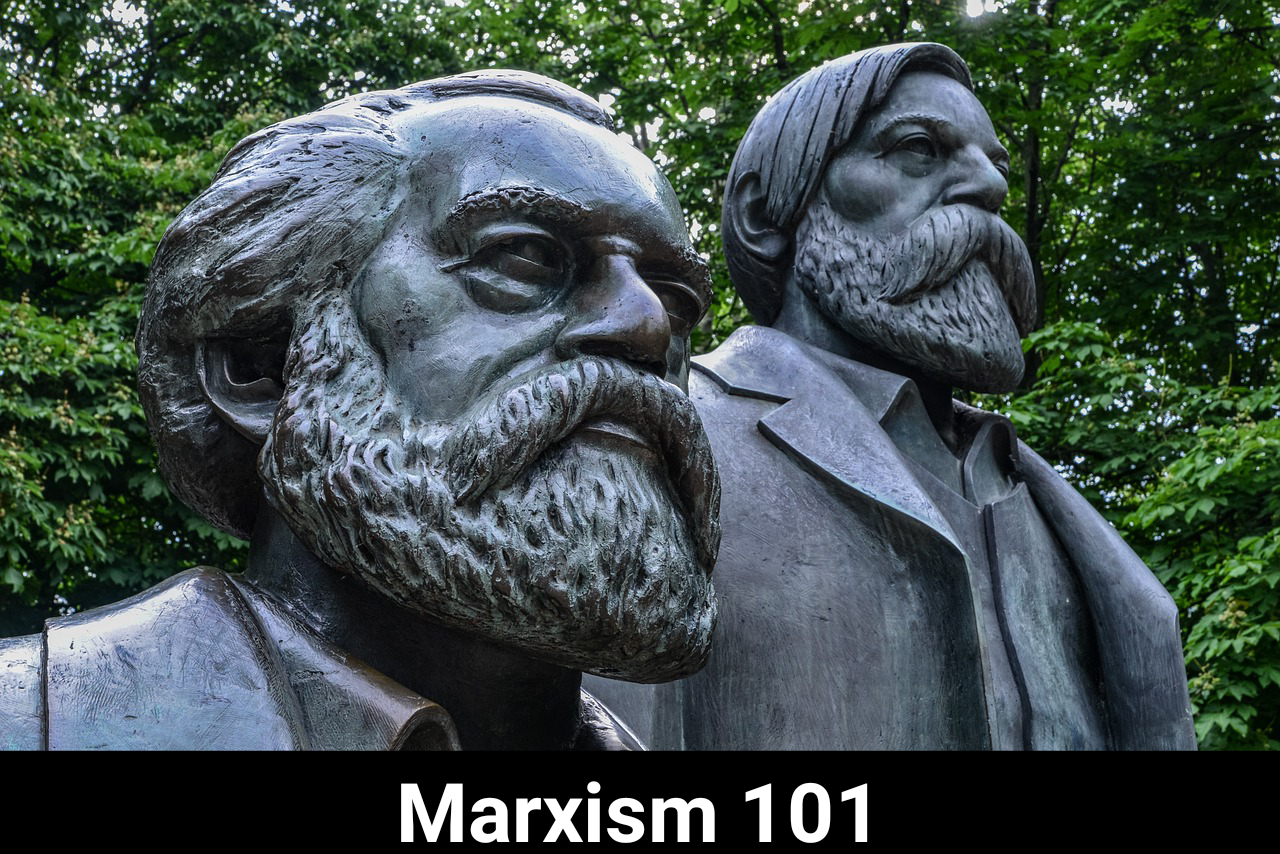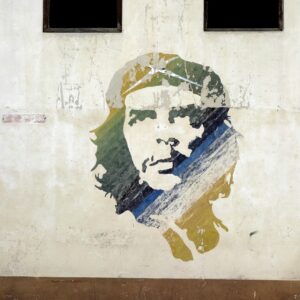“Between capitalist and communist society there lies the period of the revolutionary transformation of the one into the other. Corresponding to this is also a political transition period in which the state can be nothing but the revolutionary dictatorship of the proletariat.” – Karl Marx, Critique of the Gotha Programme
Dictatorship is a scary word. We’re normally taught to associate the word with brutal autocrats but Marxists mean something very different when we talk about dictatorship.
In every class based society, the separate classes have conflicting economic interests. One class always rises to dominance and becomes the ruling class, so that it can impose its will on the rest of society and achieve its political aims. Marxists refer to this class rule as a dictatorship because democracy is effectively denied to the rest of society.
This isn’t the dictatorship of an individual or small clique, or even the dictatorship of a single political party. It’s the dictatorship of one class over the rest of society.
How does this apply to liberal “democratic” societies?
A system can be a class dictatorship even while adopting the trappings of popular democracy. In every liberal country, economic policy is ultimately dictated by what’s acceptable to investors. No politician lasts long in charge when they go against the wishes of the capitalist class.
To demonstrate this, we need only look at how British Prime Minister Lizz Truss was forced to resign after only 49 days, because her economic policies were too unpopular with investors and crashed the stock market. Or at the Princeton study that shows that the wishes of the general public have almost no influence on policy decisions in the US:
“When a majority of citizens disagrees with economic elites and/or with organised interests, they generally lose. Moreover, because of the strong status quo bias built into the US political system, even when fairly large majorities of Americans favour policy change, they generally do not get it.”
In any society, democracy only really exists for the class that rules. So when we speak of democracy, we always have to look at which class exercises power in reality, not who the prevailing ideology says holds power.
The Dictatorship of the Proletariat and the Dictatorship of the Bourgeoisie
Marxist call our capitalist societies Dictatorships of the Bourgeoisie (Capitalists,) since whether or not there is formal democracy, the capitalist class ultimately dictates what changes in society are acceptable.
In contrast, a Dictatorship of the Proletariat is a state where those who have to work for a wage hold power and dictate the direction of society. It’s a state run in the interests of the vast majority, who work as a class to suppress the exploiters and stop them regaining power.
This doesn’t look at all like the liberal state machine. Parliaments and senates in capitalist countries, the electoral and legislative systems, are all designed and adapted to keep power in the hands of a minority. Through a thousand tricks, they turn the legislative and electoral processes into spectacles where the masses hold no real power. Meanwhile, the exercise of administering the country happens behind closed doors, by people generally unanswerable to the public.
When socialists take power, they can’t simply replace the people in office with “good” people. They have to smash the old state machinery and build something new in its place: a system that truly puts power in the hands of the masses.
Why is a Dictatorship of the Proletariat necessary?
The goal of every Marxist project is to ultimately create a classless, stateless, and moneyless society. Unfortunately, it’s not possible to jump straight to that from capitalism. Winning control of the state is only the first step in the transition.
During the period of building the economic and social conditions necessary for advanced socialist society, the proletariat need to suppress their class enemies to stop capitalism from re-emerging from within. Just because the workers have taken power, that doesn’t mean that domestic capitalists and their allies give up on the dream of assuming control again. While there is still capitalist production in the country, capitalists will try to expand their power and control the state.
Socialist countries also face threats from beyond their borders. Capitalism, as an economic system, is driven to take over all the economies of the world by its own internal laws, which require constant growth and profit maximisation.
Wherever the people manage to create a socialist revolution and seize state power, they must be prepared to defend themselves against military and economic attacks by capitalist forces. To do that, they need to maintain a state.
“…the state is merely a transitional institution of which use is made in the struggle, in the revolution, to keep down one’s enemies by force…the proletariat still makes use of the state…not for the purpose of freedom, but of keeping down its enemies and, as soon as there can be any question of freedom, the state as such ceases to exist” – Frederich Engels letter to August Bebel
Return to: Marxism 101 Course





